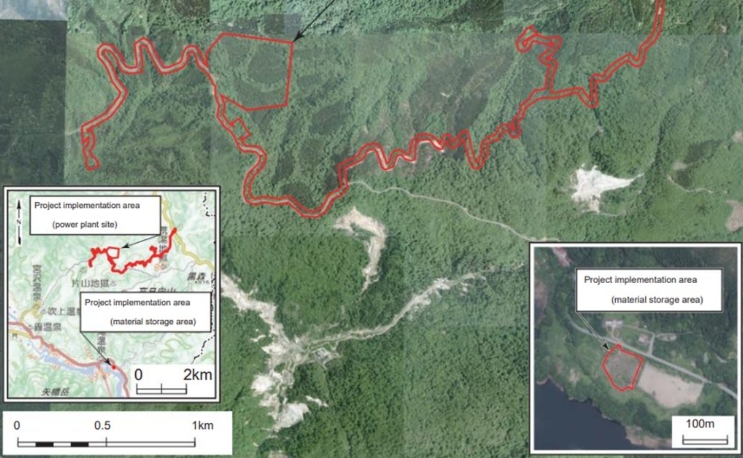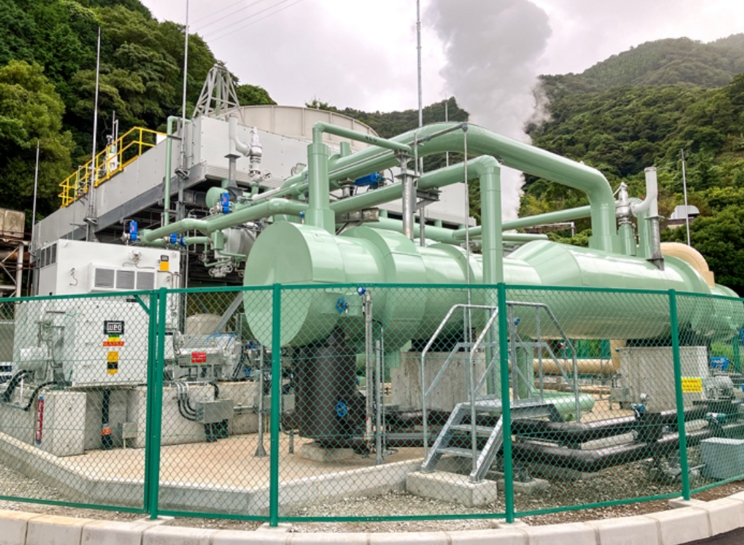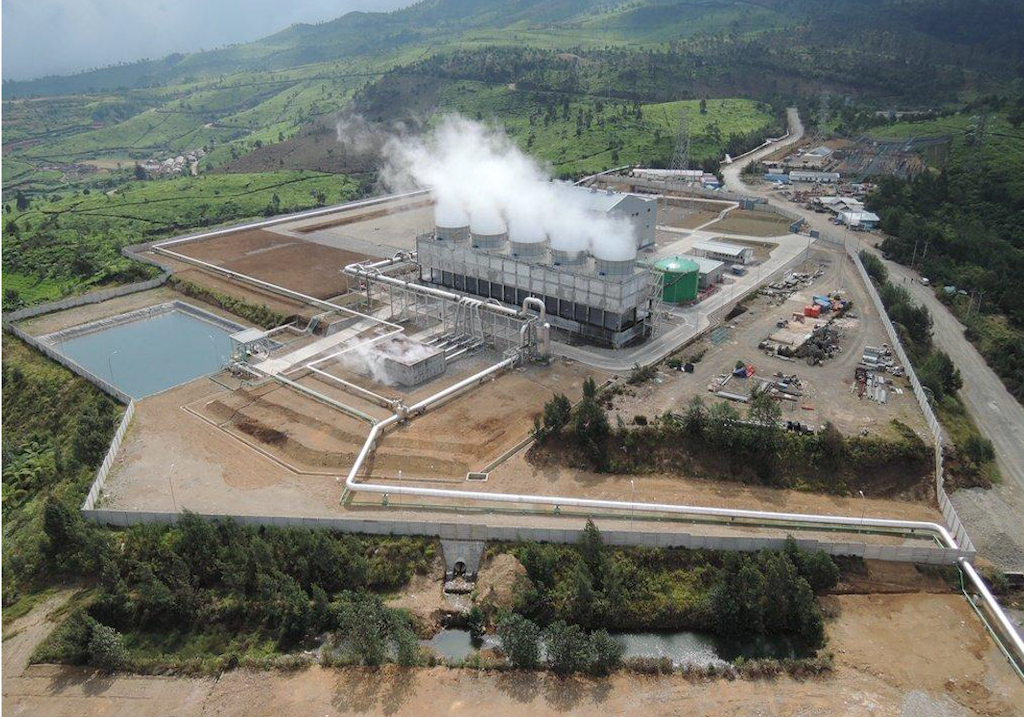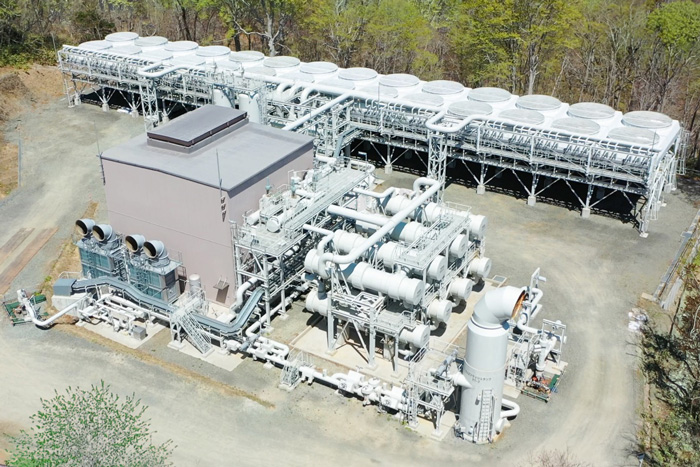“I see a pivotal role for hydrogen, for clean hydrogen. I see it because clean hydrogen is an area where Europe is still leading, marginally leading but still leading. Why we are marginally leading? Because others are catching up, which isn’t bad,” Timmermans said, addressing the Fuel Cell and Hydrogen Joint Undertaking conference in Brussels on 21 November. “But, hey, let’s try and develop a bit of pride and we should keep leading on this. We’re not leading on batteries; we missed that opportunity years ago – we’re now trying to catch up with that. But why not extend the lead on something that could be one of the most important solutions in our energy transition,” he added.
Timmermans highlighted that hydrogen could be applied using a lot of gas infrastructure that is already available in Europe. “It is important because hydrogen could be applied using a lot of infrastructure we already have, whereas the problem we will have with other forms of renewable energy – solar and wind – in the coming years is that because we had such a concentration on providing the tools for creating that energy and frankly we neglected the fact that for this to work we need networks, we need the grids and there we have a shortcoming,” Timmermans said.
The Commission First Vice President said, “Hydrogen is interesting because there the grids could be in large parts of Europe – much easily adapted from the traditional fossil fuels for hydrogen and even if we are much savvy with our technology, a combination of fossil and hydrogen could be used.”
Meanwhile in Athens at a regional conference by the Institute for Energy of South East Europe (IENE), Andrey Kopoplyanik, adviser to Gazprom Export and Professor at Russian State Gubkin Oil & Gas University, highlighted the production of hydrogen from natural gas, arguing that Russia, which has extensive natural gas resources can help meet Europe’s climate goals.







